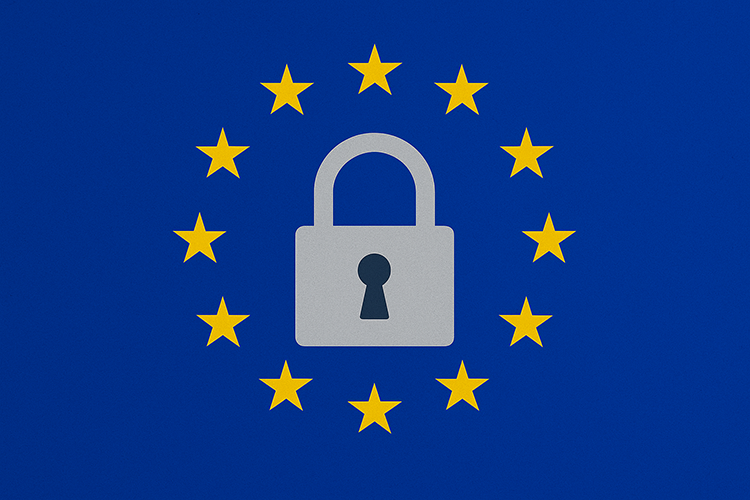2025-10-07
residential

From 17 January 2025, banks, insurers, investment firms, and other financial institutions across the European Union are required to comply with a sweeping new cybersecurity framework known as the Digital Operational Resilience Act (DORA). The regulation aims to strengthen how Europe’s financial system prepares for, withstands, and recovers from cyber incidents, digital failures, and technology disruptions. Unlike earlier rules that left much to national interpretation, this regulation applies directly and uniformly to all 27 EU member states, making it one of the bloc’s most ambitious efforts to harmonise digital risk management. It introduces stricter expectations for how financial institutions protect customer data, manage outsourced technology providers, and respond to cyberattacks or system breakdowns. Under the new framework, firms must ensure that all critical systems – from online banking platforms to payment networks and trading systems – remain operational even under severe stress. They are expected to test their defences regularly, report significant cyber incidents quickly, and adopt stronger authentication methods for employees and customers accessing sensitive systems. While the law does not prescribe a single technical solution, experts note that multi-factor authentication and secure access controls are becoming the standard response. A key feature of the regulation is its focus on third-party risk, especially cloud computing and software providers that supply essential digital infrastructure to banks and insurers. Large technology companies that play a crucial role in these systems will now face direct scrutiny from EU supervisors. This approach reflects growing concerns in Brussels about over-reliance on non-European technology vendors and the systemic risks such dependence could pose. For the financial industry, the changes represent both a compliance challenge and an opportunity to modernise. Major EU regulators – including the European Banking Authority, the European Insurance and Occupational Pensions Authority, and the European Securities and Markets Authority – are jointly overseeing its rollout. They argue that the regulation will bring consistency and transparency to an area that has often been fragmented, with some countries enforcing tougher standards than others. The new framework arrives amid a surge in cyberattacks targeting financial institutions and payment infrastructure worldwide. Analysts point out that even brief service disruptions can have cascading effects across the economy. DORA, they say, marks the EU’s clearest statement yet that digital security is now inseparable from financial stability. While compliance may be demanding for smaller institutions, many industry figures see the regulation as a necessary step toward a more resilient financial system. By setting uniform standards for digital risk, the EU hopes to create a more secure environment for consumers, investors, and the broader economy — one that can withstand the growing complexity of the digital age.

